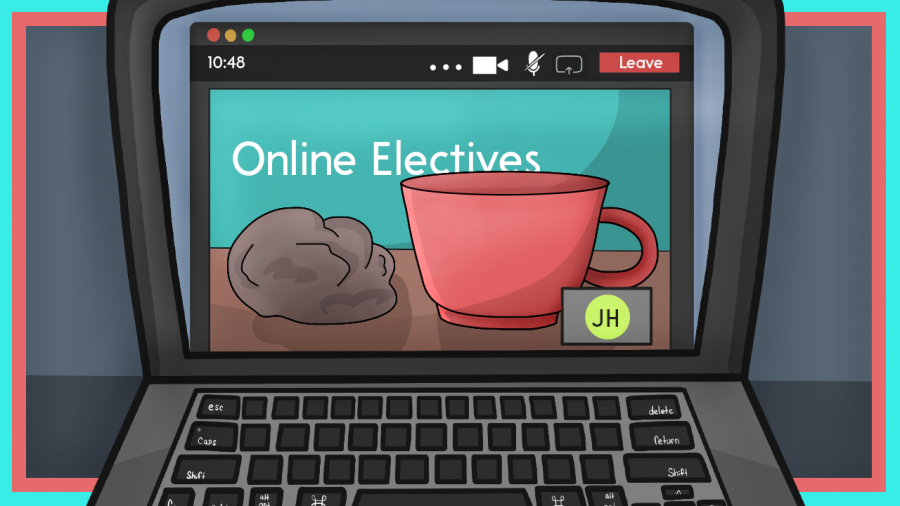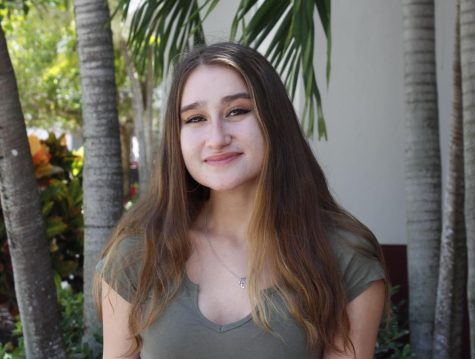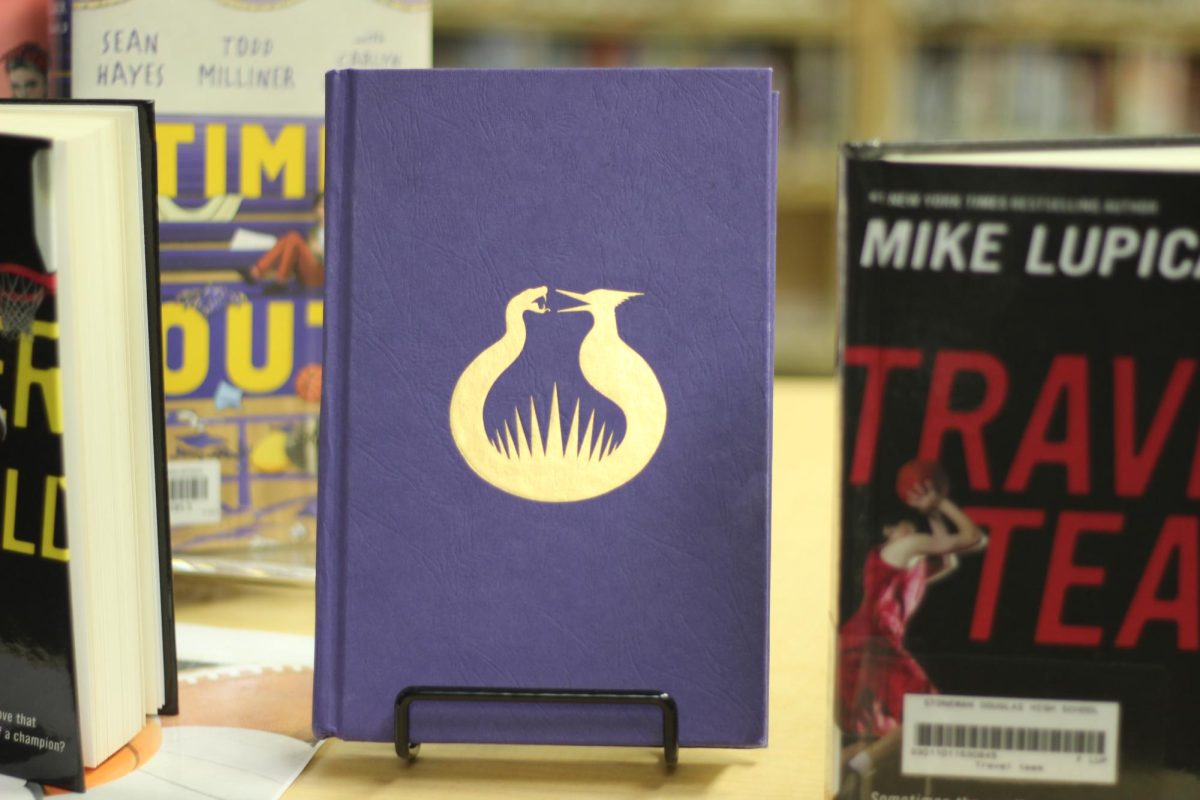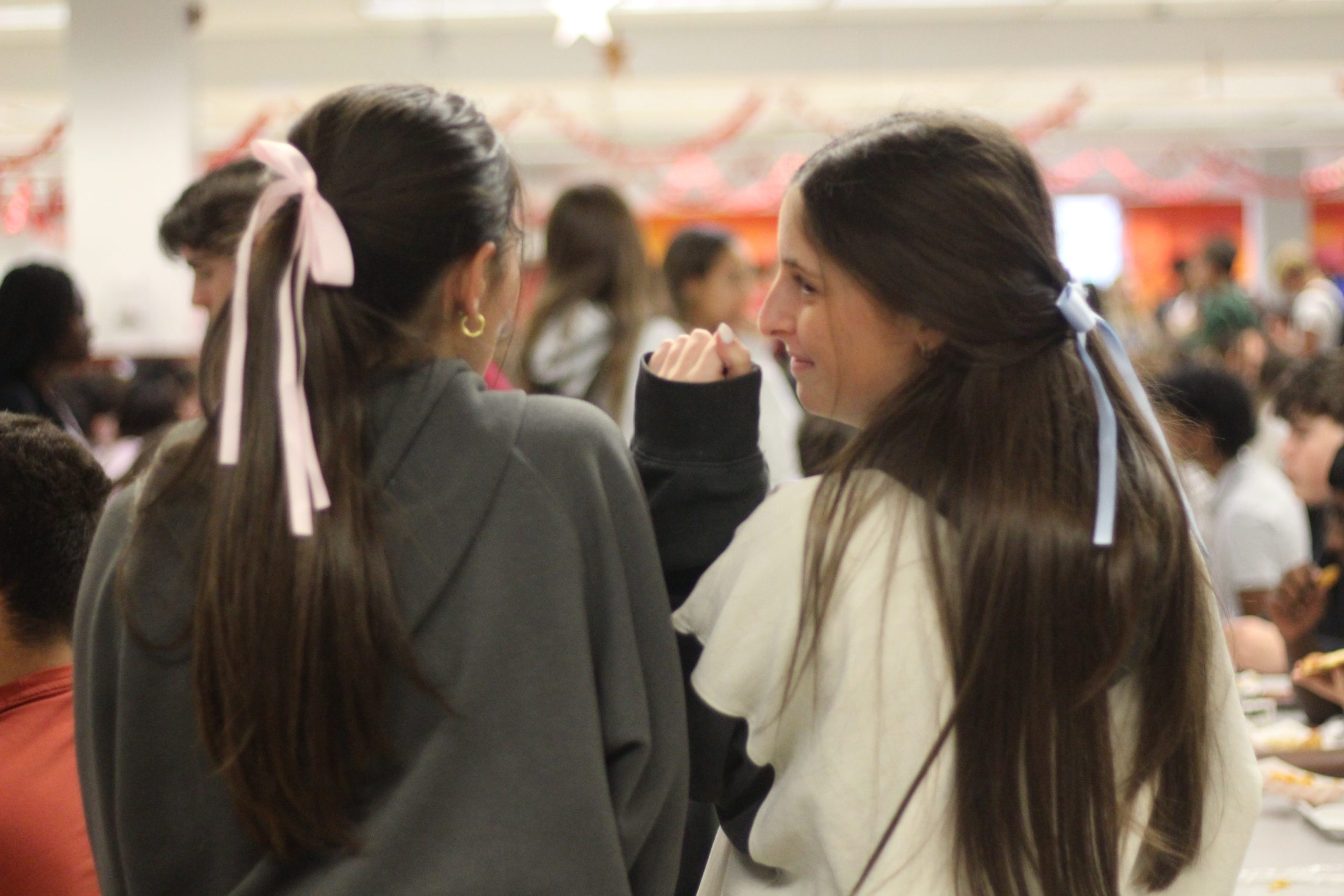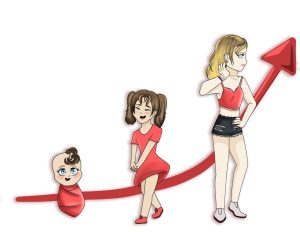Elective teachers find new ways to adapt their courses for eLearning
December 10, 2020
Since the start of the 2020-21 school year, all classes at Marjory Stoneman Douglas High School have been taught primarily online through Canvas and Microsoft Teams. While some classes are able to function in a similar way to regular school, certain classes have had to make drastic changes in order to adapt to online learning.
Elective classes such as technical theater, culinary arts and ceramics, which all would typically be hands-on courses when in person, have had to find new and creative ways to teach students the concepts and material without having them physically present in the classroom.
In technical theater, students would typically receive hands-on training with backstage theater work, but due to eLearning, the class activities had to be modified. Students taking technical theater virtually are participating in virtual activities that use the theory of backstage work to learn about theater safety, terminology and the roles and parts of a backstage theater team. While these modified activities allow students to practice the concepts of technical theater, there are still some aspects of the class that students may be missing out on.
“[Not learning] social skills, the finer workings of the theater, and live-action performance are undeniably a huge disadvantage for students,” theater teacher Melody Herzfeld said.
Despite some disadvantages, students are still able to do interactive projects and work with other students in the class. They are put into breakout rooms in Microsoft Teams to complete certain activities, which encourages group work and peer engagement.
“I really like tech theater,” freshman Jessica Whitmer said. “Mrs. Herzfeld makes the class fun and interactive, even [though] it’s online.”
In ceramics, students started out the year being taught to make their own clay. They are now being instructed on how to use this clay for projects such as clay modeling and the creation of teacups and other trinkets. Despite this, some students feel that the class would have been more enjoyable in person where professional tools would be accessible.
“I think it would have been more fun and interactive in school, [but] I guess that in virtual school, it can feel more relaxing,” sophomore Fabian Larrazabal said. “I think that the class did adapt pretty well to eLearning.”
In a normal school year, culinary students would be learning food production skills and cooking methods through in-class labs. To adapt to the new online learning style, some projects have had to be re-worked and have included video documentation for production. Students cook from home and video record it to document the creation of their projects. While the two culinary teachers are not able to coach students in person on their techniques, the ability to work at their own pace with extra time is beneficial for many students.
In contrast, pacing is a big struggle for other students, because teachers are not able to troubleshoot student cooking methods or provide hands-on assistance, which is challenging for both students and teachers.
“[Online teaching] has been devastating for my professional attitude and ego, and it coincides with the fact that the one thing that I enjoy most about my job is the interaction and connection with my students,” culinary teacher Ashley Kurth said. “Since most of the students do not wish to have their camera on or talk in the class, it is very difficult and extremely lonely.”
As these unprecedented times of online learning continue, teachers have been faced with new challenges when it comes to adapting their courses to suit the needs of their students.

